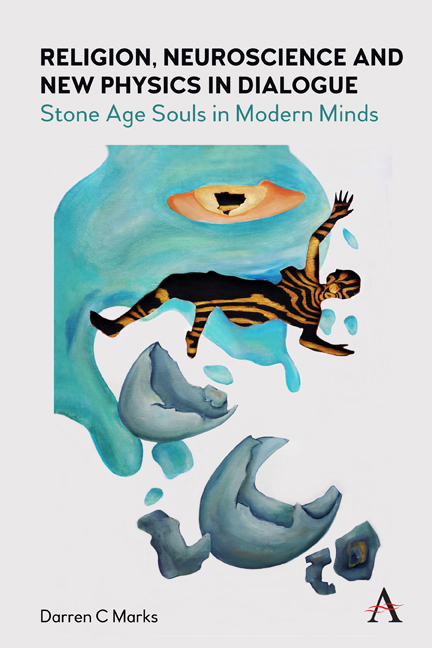Book contents
- Frontmatter
- Dedication
- Contents
- Preface
- 1 Stone Age Souls
- 2 Modern Minds—Education to Reality?
- 3 Multiverses or the Home of God?
- 4 Three Great Errors: Deconstructing Nature, Naturalism and Scientism: Fictions or Delusions?
- 5 Returning the Soul: Fictions or Illusions?
- 6 Can We Be Good? What Models Do We Have?
- 7 Concluding Postscript or We’re Okay?
2 - Modern Minds—Education to Reality?
Published online by Cambridge University Press: 25 March 2023
- Frontmatter
- Dedication
- Contents
- Preface
- 1 Stone Age Souls
- 2 Modern Minds—Education to Reality?
- 3 Multiverses or the Home of God?
- 4 Three Great Errors: Deconstructing Nature, Naturalism and Scientism: Fictions or Delusions?
- 5 Returning the Soul: Fictions or Illusions?
- 6 Can We Be Good? What Models Do We Have?
- 7 Concluding Postscript or We’re Okay?
Summary
The question of this chapter is simple: what do we mean when we speak of ourselves? Is to have a mind, be a self and be conscious the same thing as to have a soul? And what of our bodies and particularly of our brains which seem to all moderns evidently the vessel of the soul/mind/self and consciousness? But before we look to this, we need to ask whether when we are doing theology and doing empirical (or even the human) science we are doing in fact the same thing? We start here because if what we are talking about is really two methods, then confusing them is patently unwise. But are we confusing two methods?
Origins, and Models of Science and Theology
While many theologians involved in the science– religion/theology debate work to distinguish and validate the processes of method between the two magisteria and argue for appropriate discourse for each claim on the nature of reality or offer criticism on scientism's overuse of its own heuristic method, most fail to engage in a critical analysis of what is really at stake. What is at stake is the tacit driver of all questions, reactions, rejections, détentes and combinations for the simple and historically obvious reason that the development of science and by extension our modern minds as an offshoot, and its subsequent philosophical assumptions, is only possible in a Judeo-Christian milieu and that its development is symbiotic, or worse, parasitic and supplants the very worldview that permitted its birth. This is, of course, the logoscentrism of the Judeo-Christian world or more succinctly the belief that an ordered, lawful universe exists outside the experiences or minds of human observers and that, in part, our imago dei, is attuned to this greater reality. This logoscentric perspective is the concentration of the four theological bedrock ideas in Chapter 1. But there are two glaring facts that any such consideration on the value of this idea must face.
The first is the historical fact that the modern scientific worldview that permeates our lives from smart phones to combustion engines to pharmaceuticals has indeed altered our self-understanding.
- Type
- Chapter
- Information
- Religion, Neuroscience and New Physics in DialogueStone Age Souls in Modern Minds, pp. 21 - 44Publisher: Anthem PressPrint publication year: 2021



